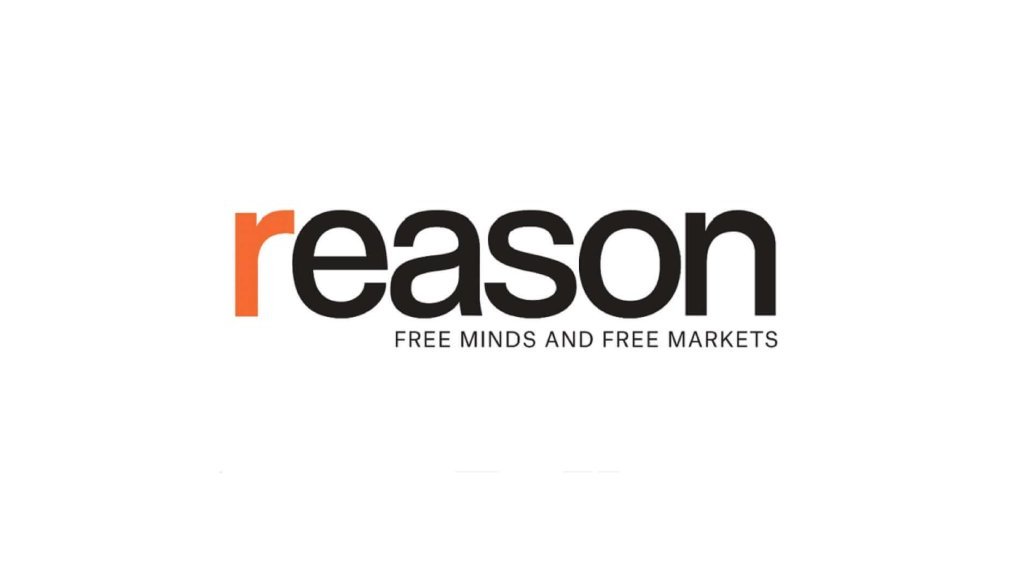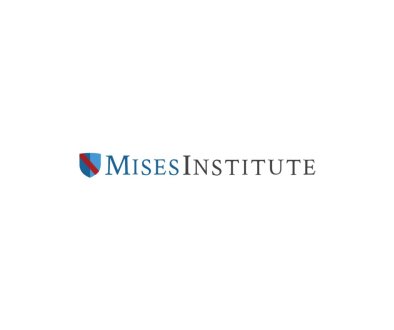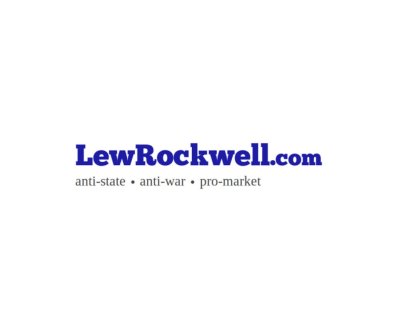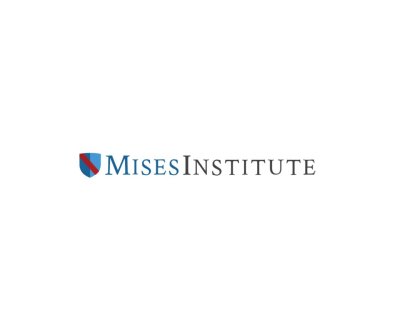No, Trade With China Did Not Kill the U.S. Economy
When Donald Trump first campaigned in 2015, he capitalized on a potent narrative: that China’s rise gutted American manufacturing, leaving countless blue collar communities devastated. Known now as the “China shock,” that idea paved the way for a dramatic resurgence in protectionism, culminating in sweeping tariffs including Trump’s controversial “Liberation Day” duties. Yet we continue to learn just how shaky the theory’s foundations are.
Pioneered by economists David Autor, David Dorn, and Gordon Hanson, it suggests that American regions heavily exposed to Chinese imports suffered significantly greater job losses than did less-exposed areas. Populists seized upon it to argue that China’s 2001 accession to the World Trade Organization (WTO) caused millions of job losses in the U.S. and social disintegration.
But a theory’s easy and outsized application to policy does not settle questions about its accuracy. That’s what American Enterprise Institute scholar Scott Winship set out to determine in a recent comprehensive review that sought to prove whether the China shock reduced American manufacturing employment.
By examining alternative studies and methodological adjustments, Winship contends that the negative effects of trade with China have been significantly exaggerated and that populist narratives blaming this trade for U.S. economic decline aren’t supported by rigorous evidence.
The originators of the China shock theory examined how Chinese imports affected certain U.S. locales compared with othe
Article from Reason.com

The Reason Magazine website is a go-to destination for libertarians seeking cogent analysis, investigative reporting, and thought-provoking commentary. Championing the principles of individual freedom, limited government, and free markets, the site offers a diverse range of articles, videos, and podcasts that challenge conventional wisdom and advocate for libertarian solutions. Whether you’re interested in politics, culture, or technology, Reason provides a unique lens that prioritizes liberty and rational discourse. It’s an essential resource for those who value critical thinking and nuanced debate in the pursuit of a freer society.




